





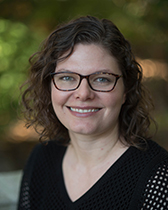
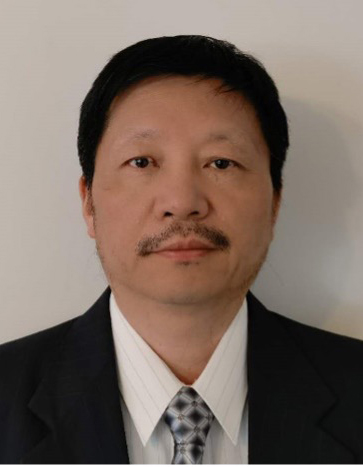





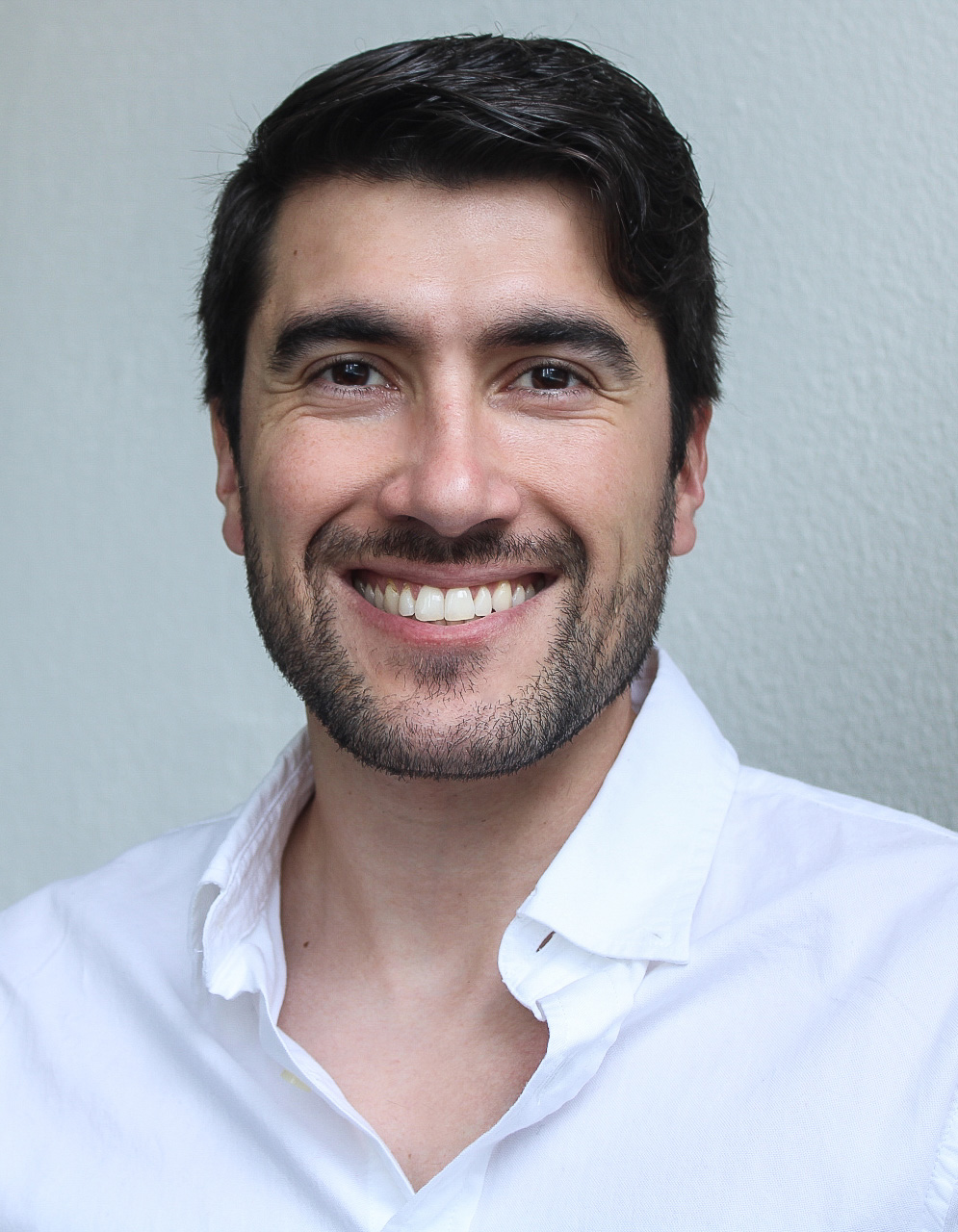
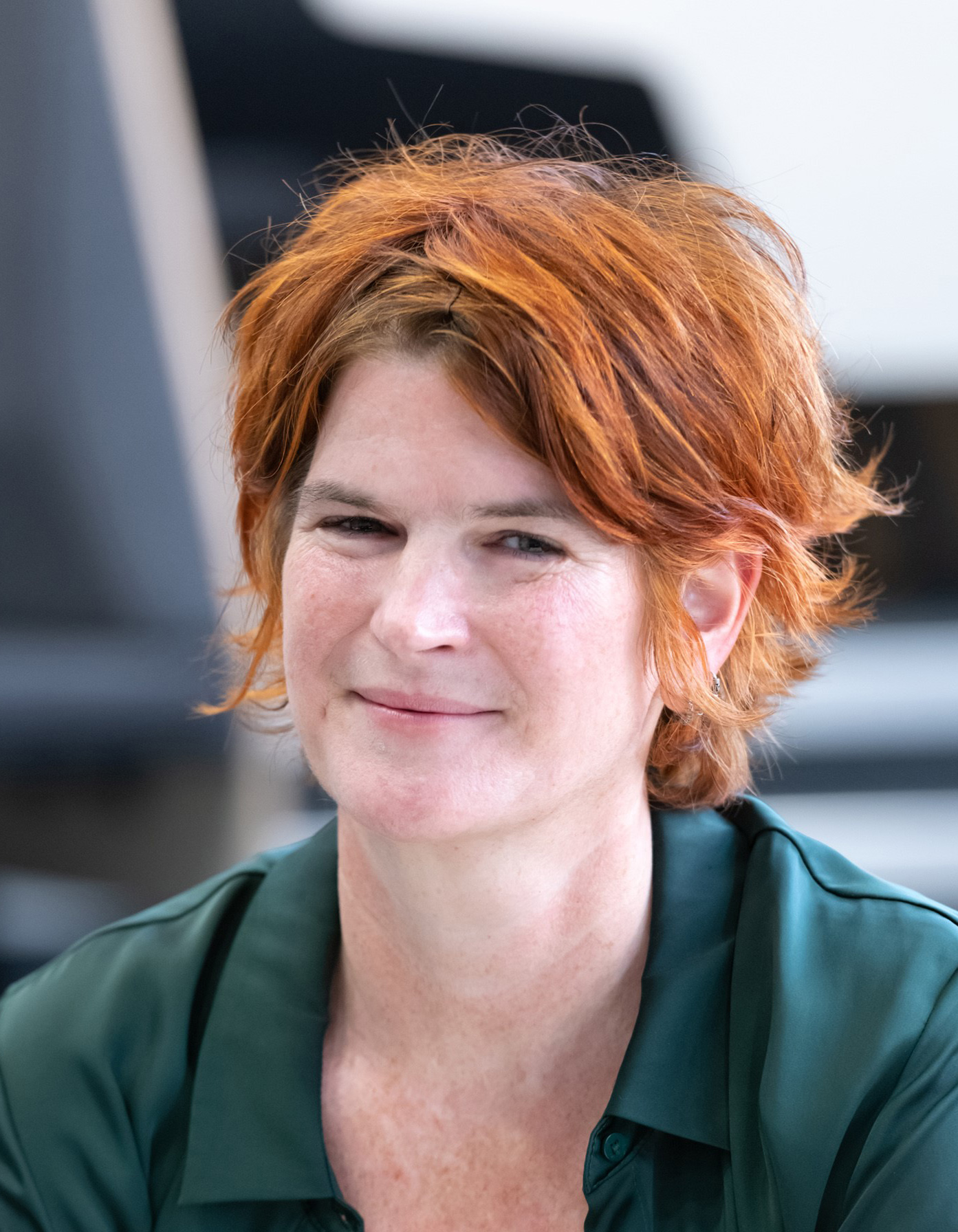
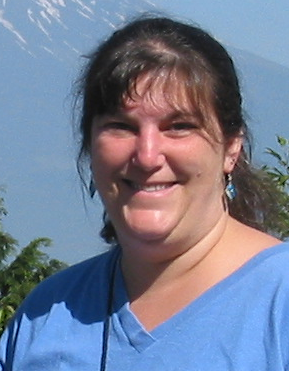
Elisabeth (Liz) Sikes
Rutgers University, USA
President
01/2024 - 12/2025
Elisabeth (Liz) Sikes, is a professor of Oceanography at Rutgers University in New Jersey, USA. She is a paleoceanographer and paleoclimatologist whose research seeks to understand the ocean's influence on the carbon cycle and climate. Her research interests range from investigating the Southern Ocean's multiple roles in controlling glacial climate cycles to modern carbon cycling in estuaries. She gave the Emilani lecture in 2020 at the Fall AGU Meeting and has served as an associate editor of the journal Paleoceanography and Paleoclimate. She has served the Geochemical Society as a Board member, Chair of the Organic Geochemistry Division, and as the founding Chair of the Ethics Committee. She serves as co-chair of the Southern Ocean Regional Panel (SORP) of CLIVAR (Climate and Ocean Variability, Predictability, and Change) and CliC (Climate and Cryosphere), which is a core program of the World Climate Research Programme (WCRP). She is a member of the Southern Ocean Task Force for the United Nations Decade of Ocean Science for Sustainable Development.
Dominique Weis
University of British Columbia, Canada
Vice President
01/2024 - 12/2025
Dominique Weis is a Canadian Research Chair Tier I and Killam Professor at the University of British Columbia, Vancouver, Canada. Her research aims to (1) determine the origin, source and distribution of heterogeneities in deep mantle plumes (e.g., Hawai'i, Kerguelen), and their variations through time; (2) apply select key geochemical tools to resolve indigenous-led questions; and (3) improve our understanding of the Earth's environment, using biomonitors such as honey or salmon to trace metal distribution and pathways in various reservoirs. Dominique is the Director of the Pacific Centre for Isotopic and Geochemical Research, a major analytical facility serving the needs of academics, government, and industry in Canada and worldwide. She gave the Daly lecture in 2010 at the Fall AGU Meeting and has served as an editor of the Journal of Petrology for 15 years and of Anthropocene for 2 years. She is a co-chief editor of the Treatise of Geochemistry (3rd Edition). Dominique served the GS in organizing the 2008 Goldschmidt Conference in Vancouver, as chair of the International Program Committee for the 2014 Goldschmidt Conference in Sacramento, and as a Board member and Finance Committee member. She served as AGU's President of the Volcanology, Geochemistry, and Petrology section and as a member of the Council Leadership Team. In addition to her wide research interests using various geochemical approaches, Dominique actively trains young scientists in technology transfer and the application of novel isotopic techniques for solving Earth and environmental problems.
Sumit Chakraborty
Ruhr Universität at Bochum, Germany
Past President
01/2024 - 12/2025
Sumit Chakraborty is a Professor at the Ruhr Universität at Bochum, Germany and director of the central accelerator facility, RUBION, on the campus of the University. He is interested in the timescales of geological and planetary processes, and in how processes occurring on a hierarchy of nested timescales are coupled to each other. He uses physical chemistry, in particular kinetics and diffusion, to develop tools for the determination of timescales. His research is based to equal extents on field studies, laboratory experiments and theoretical developments. He is a Geochemistry Fellow and was awarded the Dana Medal by the Mineralogical Society of America.
Frances Jenner
The Open University, UK
International Secretary
01/2023 - 12/2025
Frances Jenner is a senior lecturer (associate professor) in the School of Environment, Earth and Ecosystem Sciences at The Open University, UK. Her research focusses on the use of geochemistry for understanding the evolution of the Earth's mantle and the processes that create heterogeneity in the compositions of magmas that erupt at different tectonic settings. She is a member of the Geochemical Society Nominations Committee, has served as editor for the weekly Geochemical Society newsletter, as Theme Chair for Goldschmidt 2022, and has recently taken on the role of Review Editor for Frontiers in Earth Science.
Benjamin Tutolo
University of Calgary, Canada
Secretary
01/2023 - 12/2025
Ben Tutolo is an Associate Professor of Geosciences at the University of Calgary. His research focuses on the reactive movement of fluids, solutes, and heat in geologic systems, with applications to the geologic and climatic evolution of both Earth and Mars. Ben has served as a mentor to students at the Goldschmidt conference annually since 2016, convened sessions at the Goldschmidt conference annually since 2017, served as an editor for Geochemical News from 2019 until 2021 and is currently serving on the Geochemical Society Award Nominations Committee. Ben is also currently chair of the Ocean Networks Canada Ocean Observatory Council and routinely participates in science outreach programs such as Skype A Scientist and the STEM Fellowship. In recognition of his outstanding published contributions to the science of geochemical kinetics and thermodynamics, Ben was recently awarded the 2022 Mineralogical Society of America Award.
Haibo Zou
Auburn University, USA
Treasurer
01/2020 - 12/2025
Haibo Zou is Professor of Geology in the Department of Geosciences at Auburn University, USA. His research areas include isotope geochemistry, igneous petrology, volcanology, and theoretical geochemistry. He is the author of the book Quantitative Geochemistry. He is an Associate Editor for Geological Society of America Bulletin and a Fellow of the Geological Society of America.
Hailiang Dong
China University of Geosciences-Beijing
GCA Executive Editor
Hailiang Dong is a faculty member in the Department of Earth Sciences and Resources at China University of Geosciences-Beijing, where he is currently a professor of Geomicrobiology, Mineralogy, and Environmental Geochemistry. His area of expertise is in microbial, environmental, and isotopic geochemistry, including 40Ar/39Ar dating of clay diagenesis; microbially catalyzed mineral reactions; biogeochemical cycling of elements; (bio)remediation strategies of contaminants and medical applications of clay minerals. He is a Geochemistry Fellow of the GS and EAG and a Fellow of the Geological Society of America. He is a recipient of the Bailey award from the Clay Minerals Society and the "Medal of Excellence" award from the International Mineralogical Society.
Carme Huguet
IE University, Spain
Director
01/2023 - 12/2025
Carme Huguet is an Assistant Professor of Environmental Science at IE University in Spain. Her overall aim is to understand climate change and other anthropogenic impacts and how they will affect life on Earth, which can only be tackled in a multidisciplinary way. She uses biomarkers and inorganic geochemistry tools to trace the fate of organic matter, past climate changes and their impact on biogeochemical cycles, to understand the links between terrestrial and marine biogeochemical processes, as well as doing multimatrix studies to understand contamination. She served on the executive committee of the Organic Geochemistry Division of the Geochemical Society between 2016 and 2019.
Natasha Barrett
University of British Columbia, Canada
Director
01/2024 - 12/2025
Natasha Barrett is a postdoctoral researcher within the Mineral Deposit Research Unit (MDRU) at the University of British Columbia, Canada. She received her PhD from the University of Alberta in 2021. Her research applies PGE geochemistry, radiogenic isotopes, and thermodynamic modeling to topics within igneous and mantle petrology, planetary science, and critical metals research.
Sung Hi Choi
Chungnam National University, South Korea
Director
01/2024 - 12/2026
Sung Hi Choi is a Professor in the Department of Geological Sciences at Chungnam National University, South Korea. Her research interests are focused on igneous petrogenesis, evolution of the Earth lithospheric mantle, ophiolite genesis and evolution of the oceanic lithosphere, mantle dynamics, and geological record of meteorite impacts based on integrated use of mineralogy, petrography and geochemistry including Sr-Nd-Pb-Hf-Os-Mg-Zn-Li-O isotopes. She has served as a member of the F.W. Clarke Award Committee of the Geochemical Society between 2008 and 2011.
Anthony (Tony) Kemp
University of Western Australia
Director
01/2024 - 12/2026
Anthony (Tony) Kemp is an Associate Professor in geology and geochemistry based at the University of Western Australia. His research is focused on understanding the generation of the continental crust and the evolution of Earth's crust-mantle system. A recent emphasis has been on developing geochemical approaches for tracking the sources of metals and the processes by which these are transported and enriched in the lithosphere - particularly the 'Critical Minerals' and related commodities. Tony is a Fellow of the Geological Society of America since 2018, and an Associate Editor for Precambrian Research since 2019. He has enjoyed serving as a Theme Chair for the Goldschmidt conference on 5 occasions.
Marian Selorm Sapah
University of Ghana
Director
01/2024 - 12/2026
Marian Selorm Sapah is Lecturer and Scientific Researcher at the Department of Earth Science, University of Ghana. She holds a a PhD in Earth Chemistry from the Australia National University (2016), as well as postgraduate certificates in science communication and chemical safety. Her research interests are focused on the areas of geochemistry, environmental geochemistry, exploration geochemistry, cosmochemistry and planetary and space science, and geoscience education. Dr. Sapah is a founding member of the Africa Initiative for Planetary and Space Science (AFIPS), and a member/mentor of the Space Generation Advisory Council (SGAC). She currently serves on the GS Capacity-Building Grant Committee, and on the Editorial committee of the Ghana Institution of Geoscientists. She is an advocate for the environment and sustainability as well as for women and girls in STEM.
Mariano Remirez
University of Copenhagen, Denmark
Director
01/2025 - 12/2026
Mariano Remirez is a Postdoctoral Fellow at the University of Copenhagen (Denmark). He has an undergraduate degree and PhD from the National University of La Plata (Argentina) and is currently also completing a master's in science education. Mariano has extensive experience serving on academic committees, including the Asociación Argentina de Sedimentología and the Centro de Investigaciones Geológicas councils, as well as a member of the Early Career Scientist Committee for the International Association of Sedimentologists. He has participated in hiring committees at the National University of La Plata and George Mason University and has reviewed grants for organizations such as Fulbright Argentina, NSF, and the International Association of Sedimentologists. Mariano has served on the Geochemical Society's Diversity, Equity, and Inclusion (DEI) Committee since 2022, initially as a member and later as Chair in 2023. As a member, he contributed to a working group focused on developing new guidelines to incorporate DEI principles into GS awards. As Chair, he has continued implementing previous policies and has led initiatives at the Goldschmidt Conference. Mariano has also overseen the launch of the GS webinar series, starting in mid-October, with online seminars planned for both the Atlantic and Asia-Pacific time zones.
Tina van de Flierdt
Imperial College London, UK
Director
01/2025 - 12/2027
Tina van de Flierdt is a Professor of Isotope Geochemistry and Head of the Department of Earth Science and Engineering at Imperial College London (UK). She co-leads the MAGIC isotope facility at Imperial College London and her research spans a variety of fields from understanding chemical cycles of trace elements and pollutants in the ocean, over reconstruction of ocean circulation and its relationship to climate, to the history of the polar ice sheets and their vulnerability to future climate change. Tina has been involved in session and theme organisation for Goldschmidt conferences for >15 years, was editor for Geochemical News (2015-2016), Associate Editor for Geochimica et Cosmochimica Acta (2016-2021) and served as Member and Chair of the Joint Publication Committee (2018-2020). She also dedicated a significant amount of time to various committees of the international GEOTRACES programme, including the Standards and Intercalibration Committee and the Scientific Steering Committee.
Elisabeth Widom
Miami University, Ohio, USA
Director
01/2025 - 12/2027
Elisabeth (Liz) Widom is the Janet & Elliott Baines Professor in the Department of Geology & Environmental Earth Science at Miami University, Ohio (USA). Her research focuses on the application of radiogenic and stable isotope systems to problems in volcanology, mantle evolution, environmental contamination, and nuclear forensics, with field areas in Mexico, Europe, Africa, and the southwest US. She has recently served on the Geochemical Society's Program Committee, and currently serves as the Chair of the Mineralogy, Geochemistry, Petrology & Volcanology (MGPV) Division of the Geological Society of America and as the Treasurer of the International Association of Geochemistry.